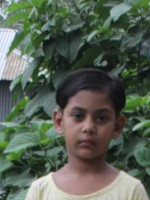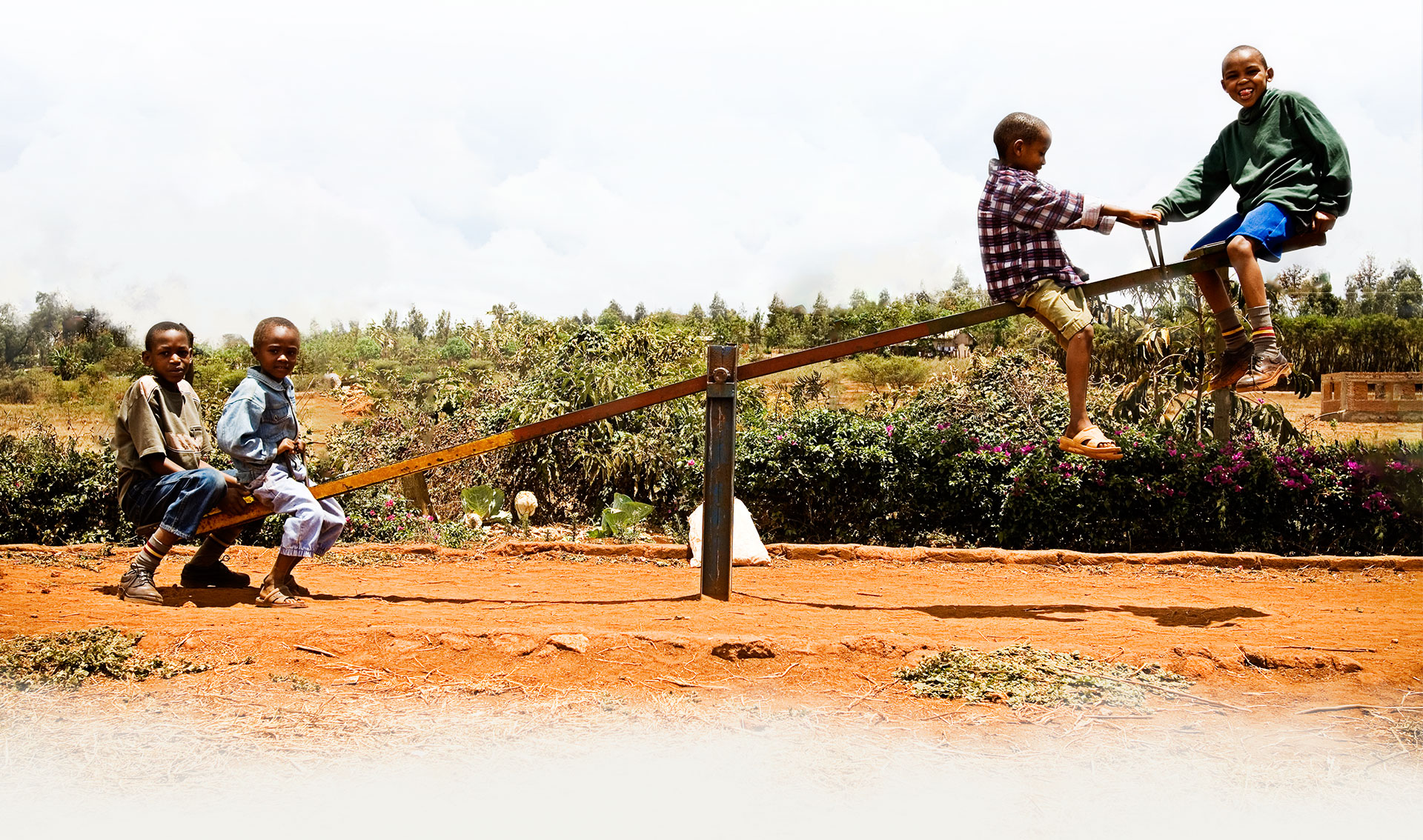
Roksana

Birthday
December 20, 2018
Age
Age: 6
Gender
Girl


Roksana is 6 years old and lives in Bangladesh.
I live with my mother and father in the Jamalpur area. The primary language where I live is Bengali. My father is regularly employed as a day labourer. I like dolls, running, toy cars and walking. My favourite activity at the centre is playing games. I am not attending school because I am too young.
Bangladesh is a small Asian country off the eastern shoulder of India. This flat, low-lying nation consists mostly of a vast river delta, with a largely marshy jungle along the coast of the Bay of Bengal. The country has mild, tropical winters followed by hot, humid summers, with a rainy monsoon season in the late summer and fall.
People in Bangladesh often live on and cultivate flood-prone land, leaving them highly vulnerable to displacement and crop disasters. Nearly half of Bangladeshis are employed in the agriculture sector, with rice as the most important crop. Many others have moved into the growing textile industry, which has become the largest manufacturing industry. Most Bangladeshis are Muslims, but Hindus make up a sizable minority. Bengali is the official language, but English is generally spoken in urban areas and used in (higher) education and government.
The area that is now Bangladesh—like India and many of its other neighbours—came under British rule in the 18th century. A mounting clash between Muslims and Hindus led to a nationalistic battle that eventually caused a deep chasm in regional politics. In 1947, British rule came to an end with the creation of Hindu-dominated India and Muslim-dominated Pakistan, of which Bangladesh formed the eastern half. But clashes between Hindus and Muslims continued. On December 16, 1971, Bengali East Pakistan seceded from its union with West Pakistan, forming the independent nation of Bangladesh. The new country changed its name to The People's Republic of Bangladesh on January 11, 1972, and became a parliamentary democracy under a constitution. Although its economy has grown rapidly since the late 1990s, political and enviromental instability continues to present serious challenges to its development.

Compassion’s ministry is focused on what we call holistic child development. This means developing children in all the different aspects of their lives—their minds, bodies and relationships—while giving them the opportunity to hear about and experience the love of Jesus from caring local church staff and volunteers.
Absolutely not! We encourage children and families of all faiths and backgrounds to register in our programs and would never require or coerce anyone to convert to Christianity.
Learn MoreToday, children around the world are discovering that poverty doesn’t have to be their future. Help one more do the same by sponsoring with Compassion!

While we're sorry you could not sponsor this specific child, we would love to help you find a different child to sponsor.
Age: